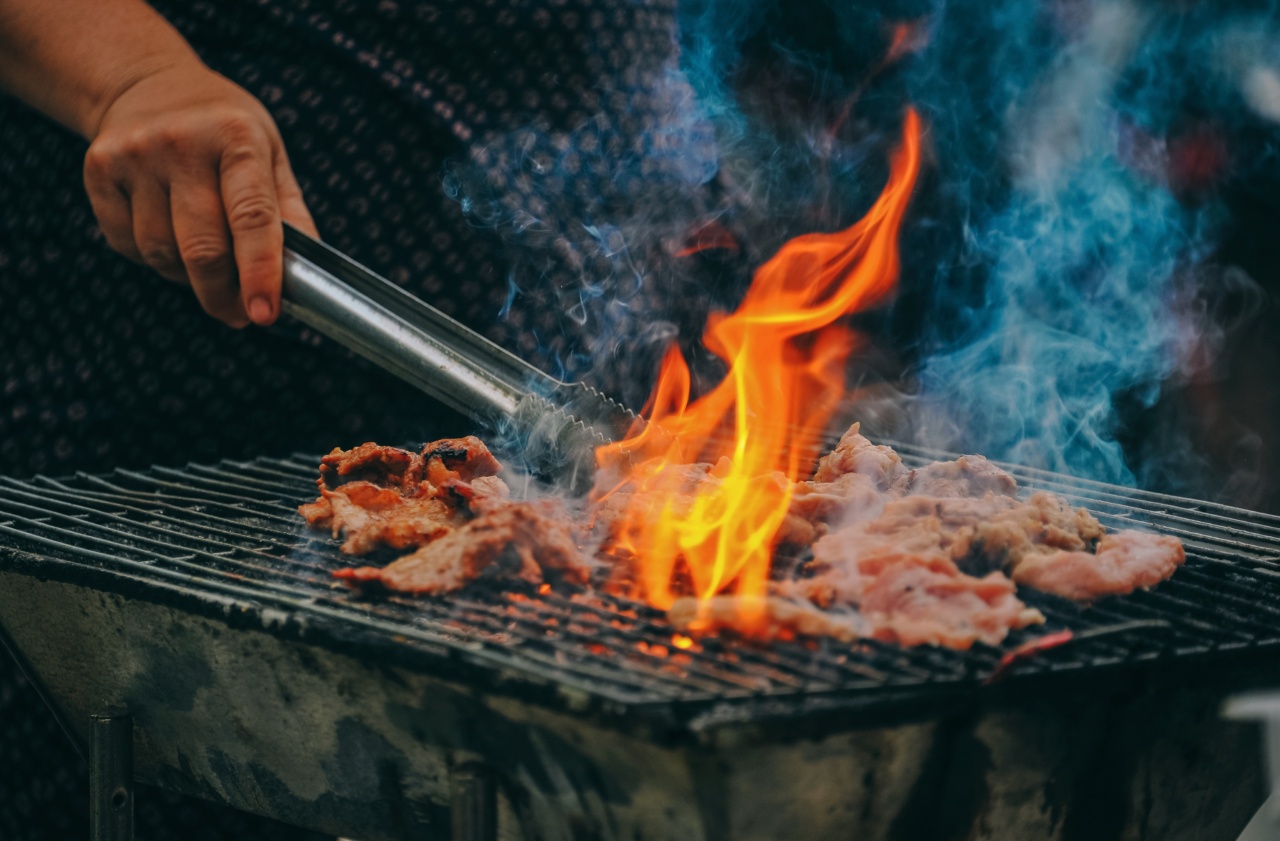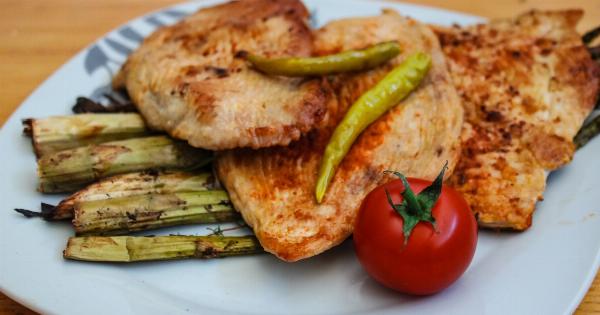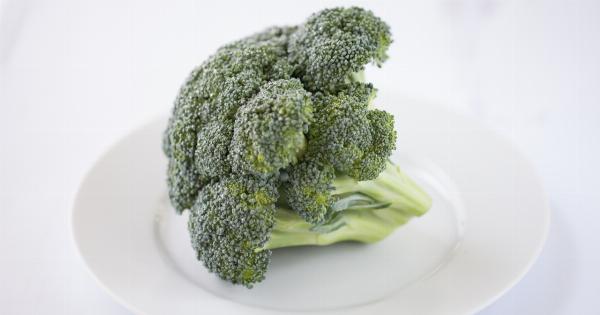Meat is one of the most popular foods in the world, but it is also one of the most controversial. Studies have shown that consuming too much meat can increase the risk of certain types of cancer.
However, this does not mean that we should all stop eating meat altogether. It simply means that we need to learn how to cook meat safely and reduce our cancer risk.
Choose the Right Type of Meat
When it comes to meat and cancer risk, the type of meat you choose to eat is important. Research has shown that red meat, such as beef, lamb, and pork, is associated with an increased risk of colorectal cancer.
On the other hand, poultry, such as chicken and turkey, is not associated with the same risk.
Trim the Fat
When cooking meat, it is important to trim the fat to reduce your cancer risk. Fat can cause smoke and flames, which can lead to the formation of carcinogens.
Trimming the fat will also help to reduce your overall calorie intake, which is important for maintaining a healthy weight.
Marinate the Meat
Marinating your meat can help to reduce your cancer risk. Certain marinades, such as those that contain vinegar or citrus juice, can help to reduce the formation of carcinogens when the meat is cooked at high temperatures.
Cook at a Lower Temperature
Cooking meat at a lower temperature can help to reduce your cancer risk. When meat is cooked at high temperatures, it can form carcinogens such as heterocyclic amines (HCAs) and polycyclic aromatic hydrocarbons (PAHs).
These carcinogens can damage DNA and increase the risk of cancer. Cooking meat at a lower temperature can help to reduce the formation of these harmful compounds.
Use a Meat Thermometer
Using a meat thermometer can help to ensure that your meat is cooked to a safe temperature. According to the USDA, the safe minimum internal temperature for beef, pork, lamb, and veal is 145°F.
For ground meat, the safe minimum internal temperature is 160°F. Chicken and turkey should be cooked to a safe minimum internal temperature of 165°F.
Avoid Charred Meat
Charred meat is not only unappetizing, but it can also increase your cancer risk. When meat is burned or charred, it can form carcinogens such as HCAs and PAHs.
To avoid charring, cook your meat at a lower temperature and use a meat thermometer to ensure that it is cooked to a safe temperature.
Cook Meat in a Healthy Way
The way you cook your meat can also impact your cancer risk. Grilling, broiling, and frying can all increase the formation of carcinogens. Instead, try cooking your meat in a healthy way, such as roasting or baking.
You can also try cooking your meat in a slow cooker, which can help to tenderize the meat without the need for added fat.
Add More Plant-Based Foods to Your Diet
Finally, to help reduce your cancer risk, it is important to add more plant-based foods to your diet. Plant-based foods are high in fiber, vitamins, and minerals, and can help to reduce the risk of certain types of cancer.
Try adding more fruits, vegetables, whole grains, nuts, and seeds to your diet.
Conclusion
By following these tips, you can cook meat safely and reduce your cancer risk.
Remember to choose the right type of meat, trim the fat, marinate the meat, cook at a lower temperature, use a meat thermometer, avoid charred meat, cook meat in a healthy way, and add more plant-based foods to your diet.
























